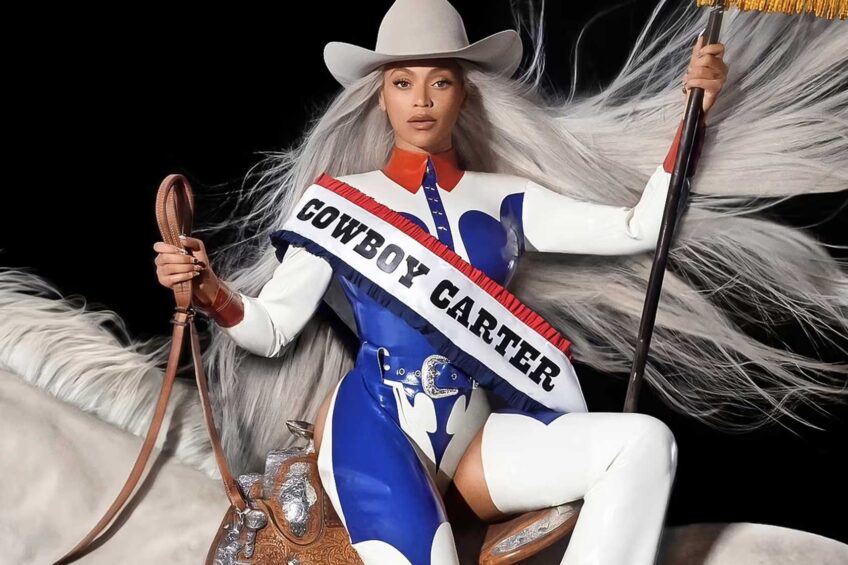Imagine this. A white State District Court Judge in Dallas County, Texas ignores the prosecutor’s recommendation of a 28-year sentence for a black defendant convicted of wanton murder in Texas, a state that has been unsparing in throwing the book and the execution chamber at murderers. Then the same white Dallas judge, after the black defendant is convicted of the wanton murder, scurries down from the bench and gives the convicted murderer a heartfelt hug in full view of the jurors, the family members of the victim, the media and the world.
Fantasy stuff, you say. Indeed, it is. But that’s nearly exactly what happened in Dallas Judge Tammy Kemp’s court. The glaring and dangerous difference is that Kemp is black and the convicted murderer, former Dallas police officer Amber Guyger, is white.
Kemp’s hug and lax sentence for a capital crime is more than just bad optics, or a judge’s questionable and whimsical sentencing prerogative. It again reinforced the brutal reality that there is one standard of justice for cops who wantonly kill and a far different one for blacks who commit any crime, or who are merely accused of committing a crime. Kemp herself is a former prosecutor, so there was no surprise that the two-tier justice system would be much in evidence in her court.
In fact, it was firmly in place the instant Guyger gunned down Botham Sean Jean in his own apartment in September 2018. It took massive outrage, protests, and disruptions for her to be charged. Numerous Texas police investigators and officials went through tortuous loops trying desperately to defend the shooting as justified and strongly hinted that she would likely be acquitted if brought to trial. There was even some question whether Guyger would actually lose her badge. It took many queries and many more demands for that to happen.
If Jean had not been almost saint-like in his professional appearance, work and school record, and praise received from friends and co-workers, as well as his solid family background, there almost certainly would have been the usual attempt to dig up any dirt that could be found on him to taint him. That’s standard operating procedure for blacks slain in dubious police shootings.
Even this did not guarantee that Guyger would be convicted. She was still a former police officer. Jean was still a young black man. It was still Texas. It was still a case where judges and prosecutors and jurors routinely bend over backward in trials of cops who kill unarmed blacks to acquit — or in the rare case there is a conviction, render a hand-slap sentence to the convicted cop.
So, when the jurors brought in a conviction, it appeared that Jean beat the odds, and that justice was indeed served. That is, until Kemp stepped in with her minimalist sentence and the sympathetic hug of Guyger.
The message in both was that though a police officer was found guilty of murder, it was still not really guilt, at least in the true legal sense. By going through the ordeal of an arrest and a trial, and then a conviction, this was punishment enough for the cop. And as a police officer, given what the public knows, expects, and honors in police officers, it was a way to affirm that that public trust and esteem that cops are held in is still firmly in place.
The hug and sentence signaled that though Jean was clearly an innocent and his death was horrendous, it in no way diminished Guyger’s importance as a former law officer and as a person who still deserved compassion and respect. The hug and the light-touch sentence were simply the consecration of the pristine image and importance of a police officer. Kemp’s hug was far more than a hug.
Earl Ofari Hutchinson is an author and political analyst


![Banner [Virtual] Art Gallery](https://baystatebanner.com/wp-content/uploads/2024/04/Cagen-Luse_Men-at-store-e1713991226112-150x150.jpg)



